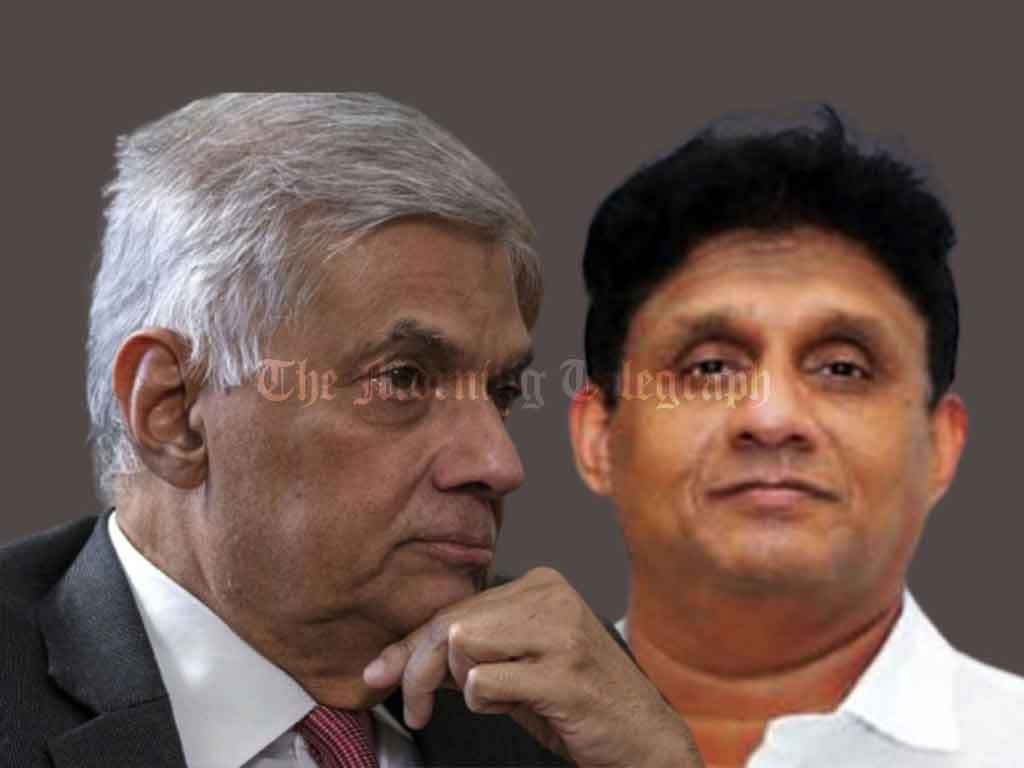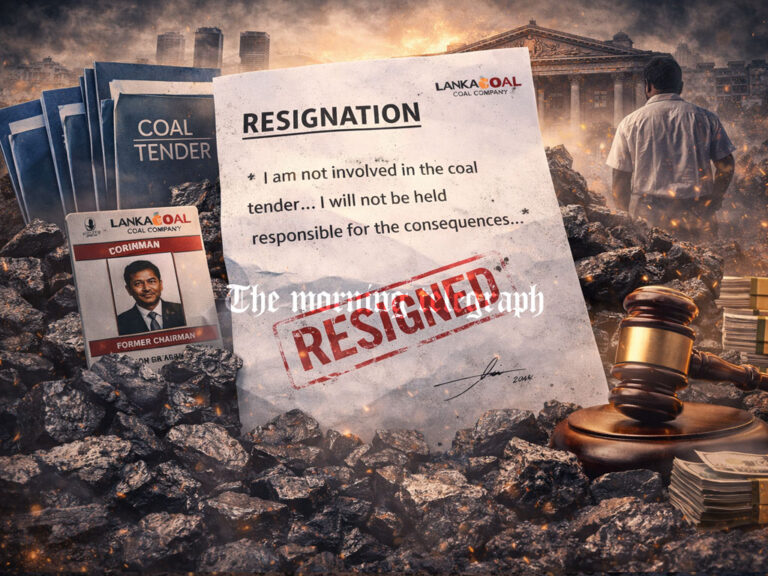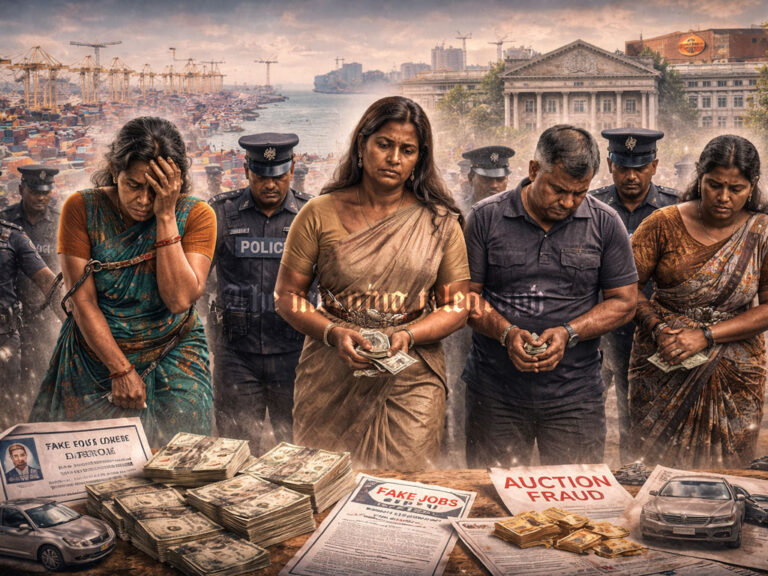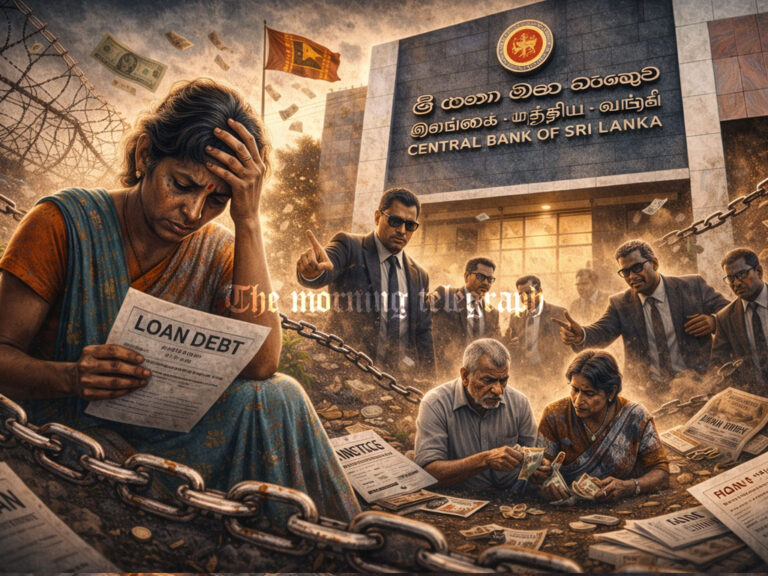
Former President Ranil Wickremesinghe is reportedly set to make a significant political comeback by entering Parliament through the National List of the New Democratic Front (NDF) and assuming the role of Leader of the Opposition. This development comes amid growing dissatisfaction within the Samagi Jana Balawegaya (SJB), where a faction of MPs is expressing doubts about the leadership of Sajith Premadasa. These MPs believe that Premadasa has not been effective in posing a substantial ideological or political challenge to the ruling National People’s Power (NPP) government.
Political sources reveal that some SJB MPs are considering aligning with Wickremesinghe, viewing him as a more experienced and capable leader who can unify the opposition and present a stronger challenge to the government. This shift could result in Wickremesinghe stepping into the vacancy created by the resignation of an NDF National List MP, paving the way for his return to Parliament.
Wickremesinghe’s potential re-entry as Leader of the Opposition marks a dramatic turn in Sri Lanka’s political landscape. Despite his past setbacks, he is regarded by many as a seasoned politician with the diplomatic skills needed to navigate complex political scenarios. His return is seen as a chance to bring stability and strategic direction to the opposition, especially at a time when the SJB is perceived to be fragmented and struggling to maintain its influence.
For Sajith Premadasa, this development represents a significant challenge to his leadership. Losing the opposition leadership would weaken his standing within the SJB and the broader political arena. His ability to counter this shift and retain the support of his MPs will be critical to his political future.
If Wickremesinghe does assume the position of Leader of the Opposition, it could significantly reshape the dynamics in Parliament. His leadership might consolidate the opposition into a more unified and effective force, potentially increasing pressure on the NPP government. This unfolding situation signals a period of political realignment in Sri Lanka, with implications for both parliamentary politics and the nation’s broader political stability.




